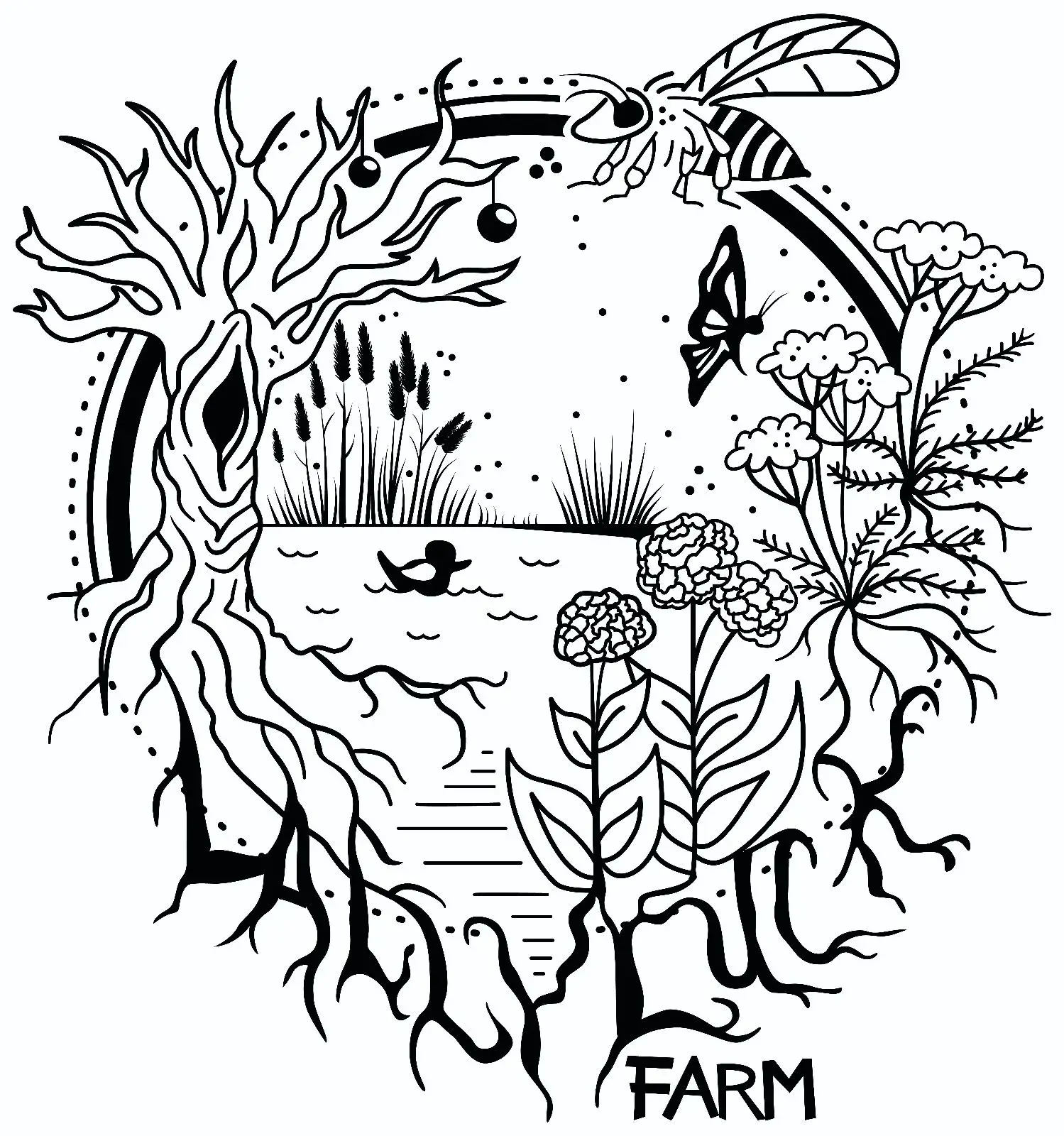Hi all, I have a raised garden bed in the front of my house (south facing). It is set a few feet back under a roof overhang, so it gets basically no rain or sun.
Any ideas for things I can plant there that wouldn’t require me to remember to water them more than once or twice a month?
I’ve gotten a couple suggestions for hostas, but something a bit flashier would be nice.
EDIT: I am in the USA, and referring to USDA zone 7.
Going to be tough… I can’t think of anything that can deal with that little moisture and sun and also can survive the winter there. Most shade tolerant plants grow in forests, and I can’t think of anywhere in the world that is dry, cold, and forested.
Zone seven as in London, zone 7?
Hostas will probably get munched by snails in pretty short order if you are indeed in London…
Woodruff will make a nice ground cover in the shade.
Yellow dead nettle should also cope well in the shade and provide nice flowers 4 the bees.
Geraniums of all kinds are very hardy and some varieties cope well in shady spots. Cranesbill is a good place to start here.
Native orchids could be good if you remember to water.
Hypericum seems to grow well in the shade for me.
It all depends on what you want! What kind of plants do you like?
USDA zone 7 in the USA. I believe london is a good bit chillier than where I am, haha.
It’s humid year round here (70-80% RH) and we pretty regularly hit 90-100F in summer and 20-30F in winter.
Coleus might be a good group to look into, there’s a lot of gorgeous varieties out there. Pulmonaria is another genus that appreciates shade and is an old world medicinal group if you’re into that sort of thing. They do kind of appreciate moister soils, though. Maybe a weekly watering reminder, just to broaden what’s available to you?
Funny you should say that, we did actually try to grow coleus in this bed, but unfortunately our winters kill them off and I’d prefer something that I don’t have to replace every year. Weekly watering is probably doable if the plant is a real looker.
Pulmonaria seems viable although the moist soil requirement might be a bit challenging to maintain. Maybe mulching the bed will help trap moisture in better?
Mulch is usually a good addition to garden beds. Mulch color can affect the overall temperatures the plants experience and while that might not be a huge swing in this particular shady garden, it’s probably worth thinking about if you have other gardens and you’re looking for something to tie the whole outdoor room together.
Not sure why this did lnt come to mind before but perhaps members of Crassulaceae or Echeveria would work in those conditions as foliage. It might not be enough sun for them to flower but many are understory plants, and we have several growing where we are in Maine that come back each spring.
Columbines can do dry shade once they are established, but your shade might be too deep.
If your bed is absolutely isolated and there is no way for the runner roots to escape, mint would be a good option. Really make sure it’s isolated though, dig down to the bottom and make sure it doesn’t connect to your other dirt areas like lawn or other planters. If there is a way for it to escape it will, and it will take over.




